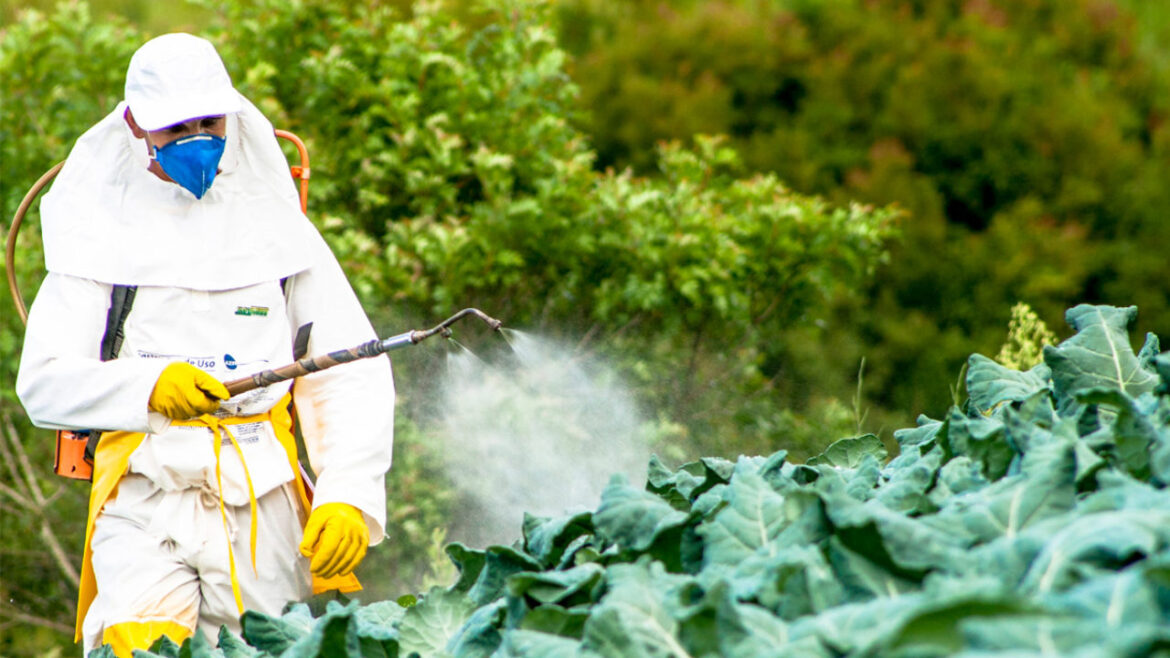By Asmau Ahmad
The United Nations Development Programme (UNDP) – Global Environment Facility (GEF) has warned against use of synthetic pesticides on food products.
The Project Manager, UNDP-GEF in charge of Resilient Food Security Project, Mrs Rhoda Dia who gave the warning, said that such usage could have implications on trade and health of the farmers if not properly applied.
Mrs Dia said the UNDP-GEF in partnership with Nigeria’s Federal Ministry of Agriculture and Rural Development was training 50 beneficiaries on Formulation, Calibration and Application of Indigenous-based Bio-pesticides in Crop Production Systems
According to her, modern day agriculture is encumbered with a cascade of challenges which need to be addressed to avoid future economic and health ruins.
The project manager said agricultural challenges included population increase, an increasingly degraded environment and high dependence of farmers on synthetic pesticides for pest control.
Dia said there was need for agricultural production systems to focus more on effective conservation and management of biodiversity to address the twin objectives of environmental sustainability and food security.
She said the training would help the beneficiaries on calibration and application of the formulated indigenous bio-pesticides to mitigate incidences of insects, nematodes and fungal diseases on rice and groundnut.
“It will empower women and youth farmers to gain entrepreneurial skills in the local production of bio-pesticides and earn supplementary income through contract spraying of farmers’ fields,” Dia said.
She said that rice and groundnut were Africa’s economically and culturally most important food crops and the production were regarded as the single most important economic activity in the region.
Dia said the outcome of this knowledge generation would support farmers, agribusiness processing agents to generate wealth and attain increase in income as a result of improved quantitative and qualitative yields of both crops.
“At field level, it will improve recycling of bio resources, safer environments as a result to minimised synthetic residues in the soil and increase in biodiversity and health of the project community inhabitants.
“Moreover, upon successful completion of this training, it will assist community farmers to reduce application of synthetic pesticides which leads to high residues in food products with implications on trade and health,” she said.


